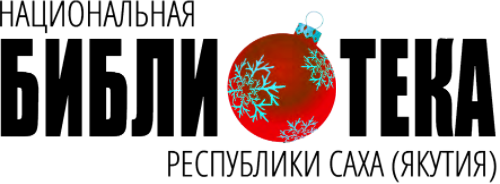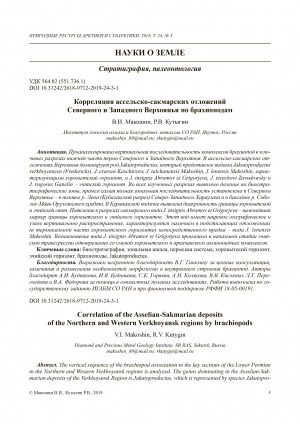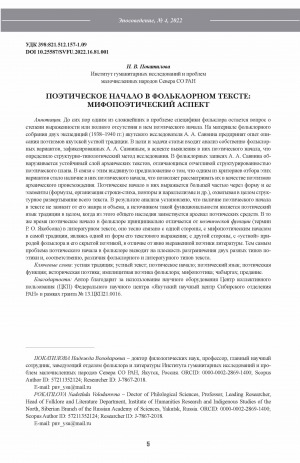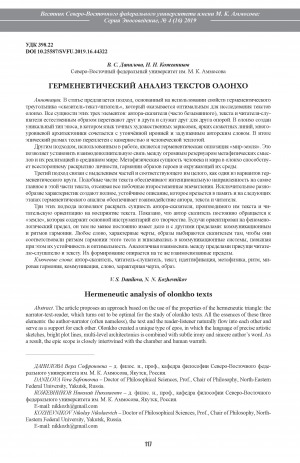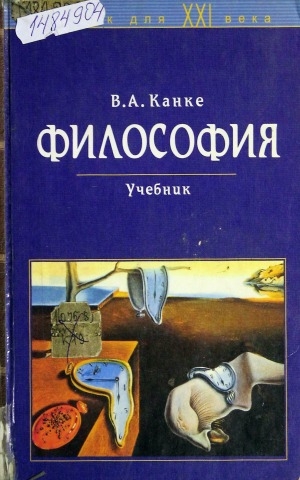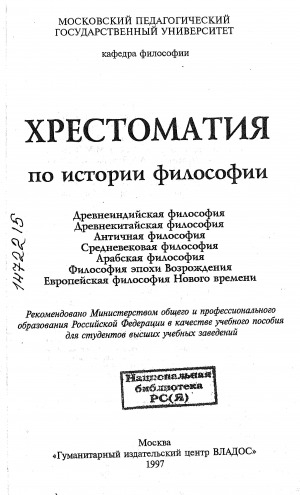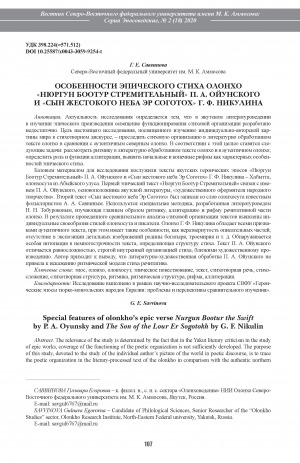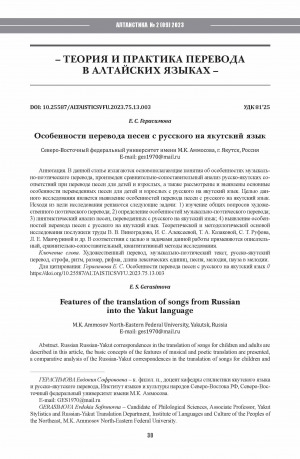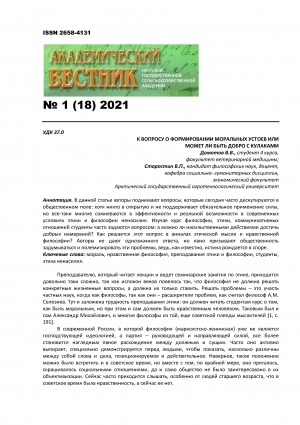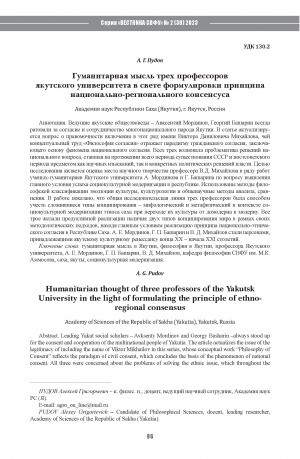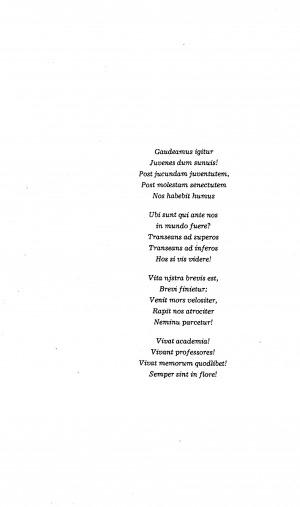Рассмотрен тезис М. Хайдеггера о том, что поэты, а не ученые или политики, находятся в авангарде человечества. Поскольку поэзия играет важнейшую роль в истории человечества - рассмотрены доводы "за" и "против". Еще Античностью были продемонстрированы выдающиеся образцы поэтического творчества и попытки осмыслить его методами филологии и философии. Например, у Аристотеля были специальные труды, посвященные этой проблеме. В Новое время каждое литературное направление провозглашало свои манифесты, которые рассмотрены для романтизма, символизма, акмеизма. Поэзия традиционно тесно связано с философией. Были поэты, тяготеющие к философии и философы поэтической ориентации. К первым можно отнести Новалиса, ко вторым - Фихте и Шеллинга. Это характерно, прежде всего, для эпохи романтизма, в меньшей степени для символизма и некоторых других направлений. В статье показано как в поэтическом творчестве нарастает стремление к равновесиям и их пределам. Намечены основные контуры методологии исследования поэтической мысли. Её ядром является формирование квазиравновесной ячейки, позволяющей обеспечить взаимодействие поэтического произведения с предельными динамическими равновесиями процесса познания. Их обеспечивают идентификация, коммуникация и ритмизация - элементарные процессы самоорганизации, которые шаг за шагом формируют свои феномены, горизонты и опорные ритмы, образующие эти ячейки. Формирование феноменальных границ происходит на основе меток идентификации, которые могут выплывать из памяти, как элементы или структуры знания, приобретенные давно или по другим поводам и до сих пор не нашедшие применения. С утверждением об авангардной роли поэта можно согласиться только частично. Роль поэта и поэтически мыслящего философа огромна и в ряде случаев действительно может быть решающей. Однако для этого должно быть определенное стечение обстоятельств. В других ситуациях на первый план выходит ученый или философ. В ХХ и XXI вв. многие тенденции и подходы смешались и в каждом конкретном случае требуются дополнительные исследования.
The Martin Heidegger’s thesis that poets, not scholars or politicians, are at the forefront of humanity is considered. Since poetry plays an important role in the history of mankind, the arguments “for” and “against” are considered. Even the Antiquity demonstrated outstanding examples of poetic creativity and attempts to comprehend it using the methods of philology and philosophy. For example, Aristotle had special works devoted to this problem. In modern times, each literary movement proclaimed its manifestos, which are considered for romanticism, symbolism, and acmeism. Poetry is traditionally closely related to philosophy. There were poets gravitating towards philosophy and philosophers of a poetic orientation. The former includes Novalis, the latter - Fichte and Schelling. This is typical, first of all, for the era of romanticism, to a lesser extent for symbolism and some other trends. The article shows how the desire for balances and their limits is growing in poetic creativity. The main contours of the methodology for the study of poetic thought are outlined. Its core is the formation of a quasi-equilibrium cell, which makes it possible to ensure the interaction of a poetic work with the limiting dynamic equilibria of the cognition process. They are provided by identification, communication and rhythmization, the elementary processes of self-organization, which step by step form their phenomena, horizons and basic rhythms that form these cells. The formation of phenomenal boundaries occurs on the basis of identification marks that can emerge from memory as elements or structures of knowledge acquired long ago or for other reasons and have not yet found application. One can only partially agree with the statement about the avant-garde role of the poet. The role of the poet and the poetically thinking philosopher is enormous and in some cases can really be decisive. However, there must be a certain set of circumstances for this to happen. In other situations, the scientist or philosopher comes to the fore. In the XX and XXI centuries. many trends and approaches have been mixed and more research is required in each case.

